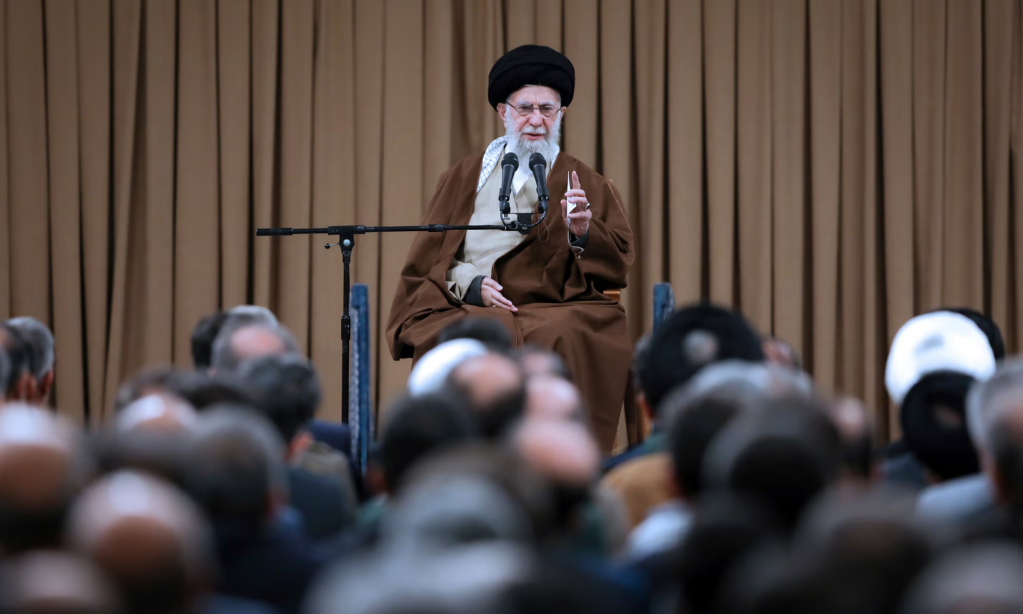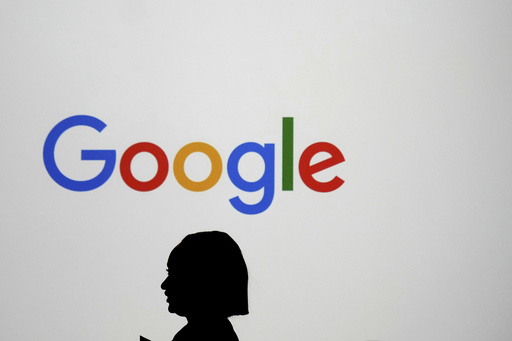Google has been found to have cooperated with authoritarian governments, including Russia and China, to remove content critical of their regimes, an investigation has revealed. The tech company has engaged with about 150 governments since 2011, including some accused of human rights violations, in facilitating censorship requests.
The company’s own transparency reports indicate it has “named for removal” over 5.6 million items following government requests. Cybersecurity firm Surfshark reports that these takedown requests have more than doubled since 2020, raising questions about Google’s role in controlling public information.
Russia’s overwhelming influence on content removals
Russia accounted for more than 60% of takedown requests in the past four years, with its internet regulator, Roskomnadzor, frequently corresponding with Google. The tech company has removed YouTube videos exposing alleged corruption among Russian politicians, as well as content critical of Russian military policies.
In 2022, Google took down multiple YouTube videos that called for protests against Russian President Vladimir Putin. The company also temporarily blocked opposition leader Alexei Navalny’s Smart Voting app during the 2021 elections after Russian officials demanded its removal.
Other censorship efforts included blocking content showing Ukrainian protesters burning Russian flags and videos insulting Russian state symbols. The extent to which Google complied with all Russian government requests remains unclear.
China’s control over online content
The Chinese Ministry of Public Security has also leveraged Google to suppress political dissent. The agency requested the removal of over 400 YouTube videos, most of which contained allegations of corruption within the Chinese Communist Party. Google took down more than 200 of these videos.
Additionally, Google has enforced China’s strict impersonation laws by deleting profiles that parodied President Xi Jinping. Critics argue this has contributed to the broader suppression of free speech within China’s tightly controlled internet.
Google’s interactions with Iran and Afghanistan

Iran and Afghanistan have also engaged with Google over content removal. Iran’s last known request came in 2016, seeking to remove four pieces of content for alleged “bullying and harassment.” Google reportedly did not comply.
Meanwhile, police in Taliban-controlled Afghanistan submitted 19 removal requests in 2023, marking a 180% increase from the previous year. These requests, categorized as fraud-related, remain largely undisclosed.
Growing global concerns over Google’s role
Critics warn that Google’s willingness to comply with censorship demands has positioned it as a key enabler of authoritarian governments. While the company claims to evaluate each request based on its content policies, its lack of transparency has fueled concerns over unchecked power.
Harriet Moynihan, an associate fellow at the Chatham House think tank, stated, “Even if Google is removing content in line with its guidelines, there’s a broader question about whether it should be playing God in this way.”
Despite these concerns, Google has occasionally pushed back. In October, a Russian court imposed a symbolic fine exceeding the world’s GDP after Google restricted Russian state media on YouTube. However, Russia has continued to submit censorship requests, underscoring the ongoing pressure on the company.
Calls for greater accountability
Experts stress the need for public awareness regarding Google’s content removal practices. Tomas Stamulis, chief security officer at Surfshark, warned that censorship demands frequently target political speech and dissent.
“During periods of political instability, governments—particularly authoritarian ones—may demand removals to suppress criticism,” Stamulis said.
While Google acknowledges that many takedown requests target political content, the company provides limited details on the decision-making process. Calls for regulatory oversight are increasing as critics urge tech firms to prioritize transparency and freedom of expression over government compliance.
Google declined to comment on the investigation.




